Coronavirus Disease (COVID-19) – FAQ and Myth Busters
Coronavirus Disease – Frequently Asked Questions:
Coronavirus! what is it?
Coronavirus is an infectious respiratory disease-causing virus, which affects all ages and can be treated.

What is the difference between coronavirus and Covid-19?
As mentioned above coronavirus is a viral infectious disease of the upper respiratory system. Whereas Covid-19 is a newly discovered virus belong to the family of Corona Virus discovered at the outbreak in Wuhan, China in the month of December 2019.
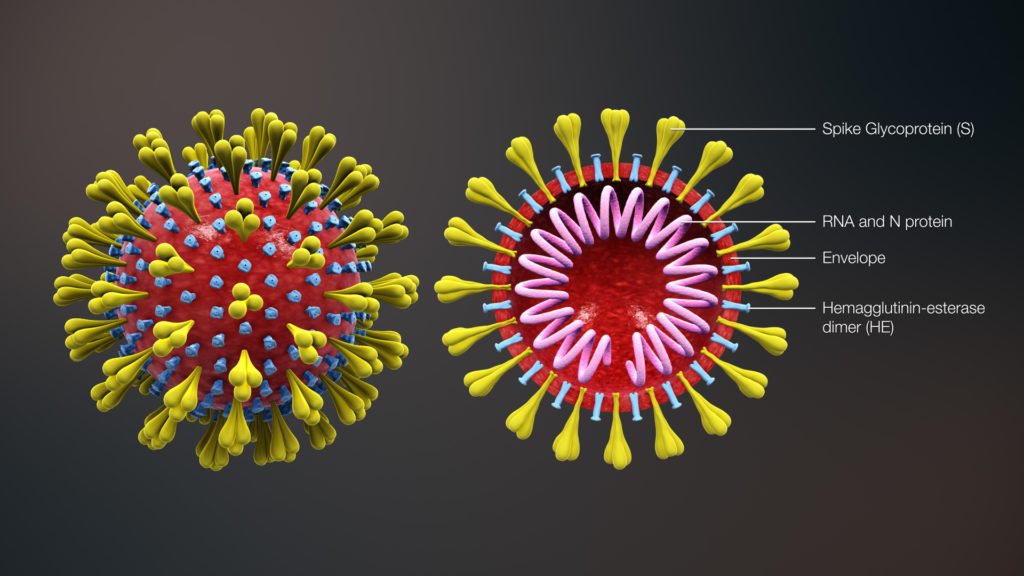
What are the symptoms of Coronavirus?
Unlike other diseases causing viruses, we cannot say it affects a person in a particular way, different people get effected in different ways. The majority of the cases inform that they have respiratory problems.
Common symptoms:
Dry cough
Fever
Tiredness
Mild and other symptoms:
Body pains and aches
Shortness of breath (respiratory problem)
Sore throat
Diarrhea and runny nose or nausea
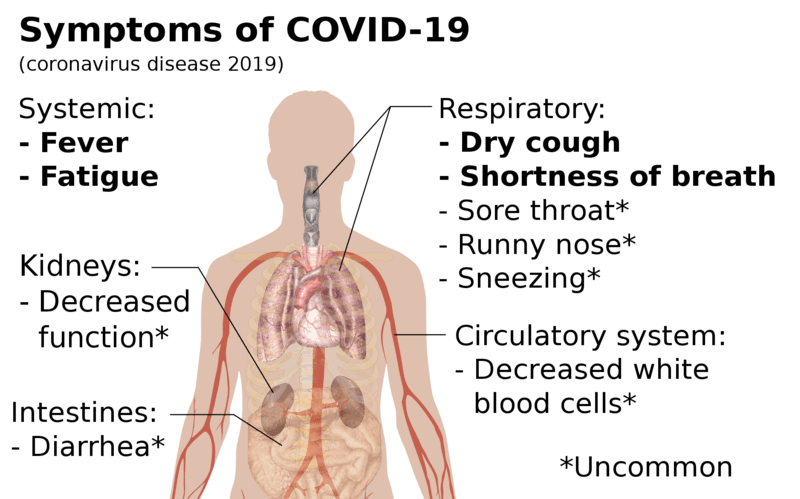
How to stop the spread of covid-19? And protection measures:
- Stay at home and take lots of fluids.
- Maintain a social distance of a minimum of 3 feet.
- Clean your hands with alcohol-based sanitizers regularly so that any kind of infectious virus or bacteria gets killed.
- Cover your body especially your face with a mask and avoid touching your facial parts like eyes, nose and mouth.
- Dispose of facial masks and tissues properly and sanitize your hands. It is a good idea to change the ordinary face mask for every 8 hours.
- Eat healthy food and do proper indoor exercise or yoga to keep your body healthy.
- Consume vitamin C and other nutritionally rich foods to improve your immunity.
- Seek immediate medical attention if you have any symptoms.
- Keep updated on Covid-19 and the places where it has spread in your locality and keep away from people belonging to it.
- Avoid parcels, newspapers and other objects coming from foreign places. If possible keep them away for few days in a designated box.
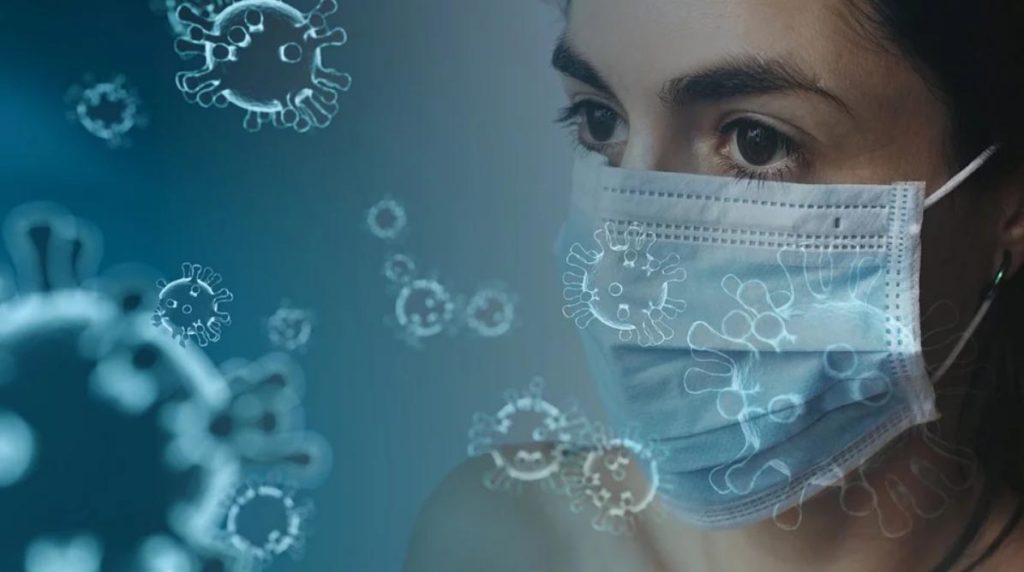
Can I catch covid-19 from my pets?
Usually, animals have high resistance than human beings. They are less prone to the human virus but still, I am afraid to say that there is one report from Hong Kong that pet dog is being infected with a virus. So, if you love your pet then it’s your basic responsibility to be away from it or at least keep it hygienic.
Can coronavirus attack children and old age people?
Yes, children and old age people have less immunity to tackle coronavirus and are at high risk. In present health conditions, people who are above 60 years are prone to have diabetes, blood pressure, and respiratory problems.
In the case of children suffering from asthma are at high risk. They should be taken care of and always remain in hygienic conditions.
Can I give antibiotics to my children or old age people to stop the infection?
No, Antibiotics only work on bacteria and not on the virus. Antibiotics are given only to increase your immunity system only when you are infected with a particular disease.
So antibiotics can indirectly lower your immunity power when you are healthy. You can increase your immunity by taking proper diet and Vitamin C.
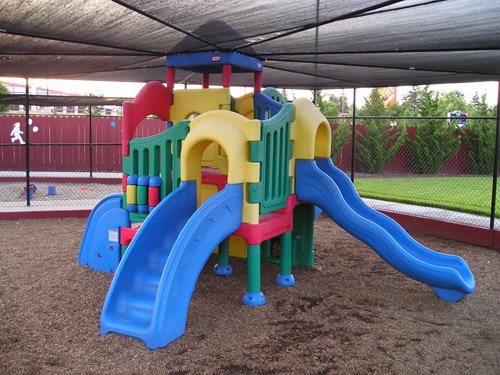
Can I send my children to school or the playground?
As per the news, coronavirus can transmit from person to person and can withstand different environmental conditions. It can survive in the air for a long period so it’s better not to send your children to schools and playgrounds.
What is social distance and why should I maintain social distance?
Social distancing is a process in which people keep distance between two people. It is a practice to be followed in our society to prevent and control the spread of infection from one person to another. As coronavirus is highly contagious and does not have any medicine till date, it is the only option to stop the spread of disease from one person to community spread.
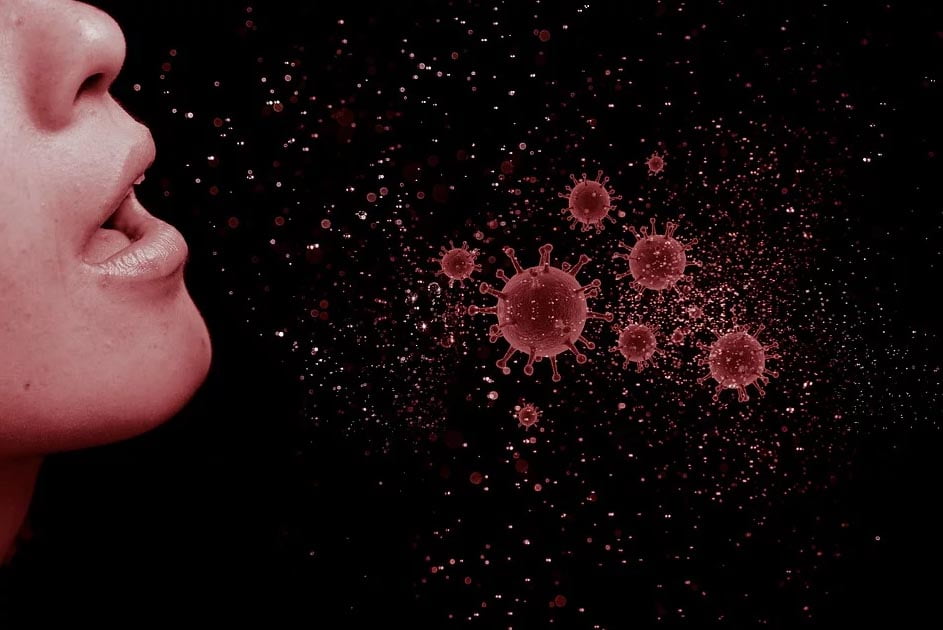
How does coronavirus spread?
- It can spread from one person to another person who has affected by the virus.
- Usually, it spreads from the small droplets coming from the nose when we sneeze or from the mouth when a person coughs.
- During the process of sneezing and coughing virus spreads and lands on the surfaces and can last for hours and even for days based on the environmental conditions like the type of surface, humidity, and temperature)
- When a normal person touches those surfaces and then touches his body parts like eyes, nose or mouth.
Can I prevent the spreading of coronavirus?
Yes, usually viruses can spread through the droplets from contagious people to others. It usually gets transmitted through respiratory droplets, so it’s important to maintain a social distance of a minimum of 1 meter as it cannot transmit just through air.
Can the virus transmit from a healthy person?
There are no reports of transmission, there is ongoing research on this issue. People who have normal cough and flu have not found transmitting coronavirus. But still, we cannot neglect this disease as a person who has this virus have mild symptoms and lives healthy for days based on his immunity levels.
Where can this virus survive?
The virus gets killed automatically when it cannot find a host to breed. In short, it needs a body to survive and increase in numbers.
When it comes to feces of an infected person, there is a mild chance of catching covid -19. So it’s a good idea to clean your hands regularly.
If you feel you are being infected from Covid 19 then keep yourself isolated from others and stop its spread. Usually, the incubation period (from the day virus catch and show its symptoms of disease) is between 1-14 days. In most cases, it’s found within 5 days.
Cannot virus spread in hot climate or humid places?
No, Virus can survive in all kinds of environments. There are many cases in Africa as well as the USA. Cold or hot weather cannot kill the virus, do you know normal human temperature 36.5°C to 37°C even that temperature cannot kill the virus. Even taking a hot bath or cold bath cannot kill the virus.
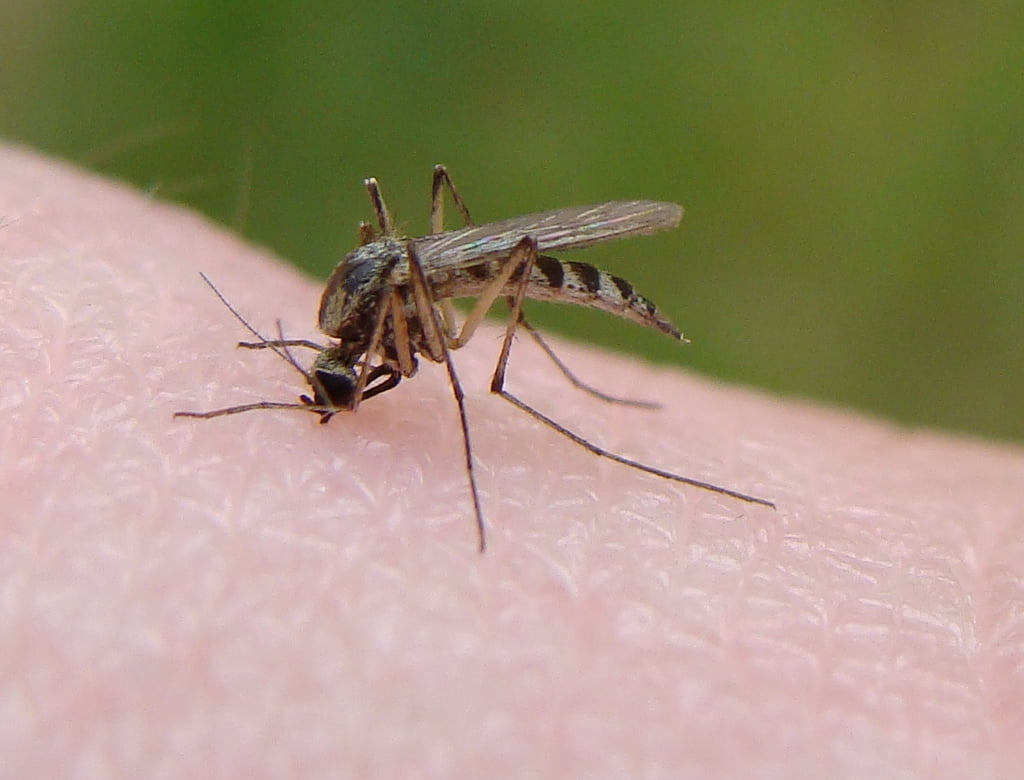
Can Covid-19 spread through mosquito bites?
No, there is no evidence that shows the spread of disease. As Covid-19 is an only respiratory virus, it only spreads from droplets coming out of respiratory parts.
15 Important Coronavirus Myth Busters:
- Taking a hot bath or cold bath will not stop the virus.
- Irrespective of climate it can spread and survive.
- The virus cannot spread or transmitted through mosquito bites.
- Hand dryers cannot kill coronavirus.
- UV light cannot sanitize rather it causes irritation and skin problems.
- Thermal scanners can only predict temperature but not the person is infected or not.
- Cleaning your skin with alcohol or chlorine will not kill the virus. Chlorine can only disinfect only surfaces.
- Vaccines cannot stop the spread of the virus.
- Cleaning your nose with saline water is of no use.
- Eating garlic is good for health but it cannot combat new covid-19
- Coronavirus does not only affect children and old age people. People of all ages are prone to disease.
- Antibiotics work on bacteria but not on the virus. Do not deplete your immunity, only under doctor supervision antibiotics must be taken.
- There is NO new vaccine or medicine to stop this virus as on 27.03.2020.
- Turmeric powder or Tulasi/ basil leaf cannot stop covid-19.
- All people who are infected with Coronavirus need not die, they can keep themselves isolated and take fluids to increase their immunity power and save themselves.
If I have missed any point please share information as a comment below
For more updates on Coronavirus please visit the World Health Organization website.





